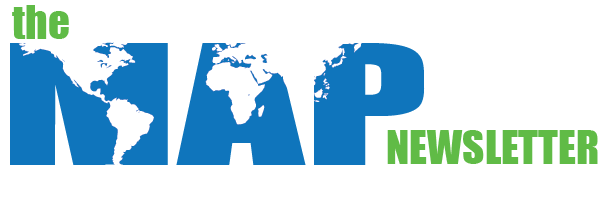Medical publication policies and guidelines offer a framework for best practices, but there may be situations when more than one approach seems reasonable. The primary purpose of “What Would You Do?” is to explore examples of such situations. With the limited information provided to interpret the scenarios, you may find yourself agreeing with one, more than one, or none of the proposed actions. And that’s the point ‒ you should debate, contemplate, and communicate (with a comment) before selecting your “best” answer.
Now let’s find out how you responded and read through some commentary (for context only; not meant to be comprehensive) to the below scenario:
An industry client working on regional publications submits a manuscript to a journal before all authors have approved the final content and before a full data check has been performed. The authors had reviewed all previous drafts of the manuscript.
A. Do nothing and wait for the journal to provide peer reviewer comments; it is too late to do anything
B. Recommend that the client contacts the journal to explain that the manuscript was submitted before all steps were completed and ask if the submission can be put on hold until the submission site is updated with the author approved version
C. Explain the situation to the authors and ask for their approval of the now submitted manuscript; any further comments and the accuracy check can be completed during the peer review process and changes incorporated in response to reviewers
D. Schedule a meeting with all the authors to explain the situation and ask for their guidance on next steps

A total of 136 people replied to this poll.
Documenting final approvals of all authors and ensuring integrity/accuracy of submitted data are standard requirements for manuscripts per International Committee of Medical Journal Editors (ICMJE) criteria1 and Good Publication Practice 3 (GPP3)2. For a manuscript to have been submitted without author approvals or quality check of the data is not appropriate; training and processes should be put in place to avoid this situation from happening again in the future.
Looking at the different scenarios, the optimal approach (and the option that received the most votes) would likely be to recommend that the client contacts the journal to explain the manuscript was accidentally submitted before all steps were completed and ask that the submission be put on hold until the proper version is provided. This ensures ICMJE criteria and good publication practices are followed and avoids the situation of journal editors or peer reviewers proceeding with potentially inaccurate and unapproved content.
The option of explaining the situation to authors to get post-hoc approvals and then correcting the data after peer review can run into a few problems. Some authors may not approve, while others may have additional comments but feel somewhat pressured to approve, which should be avoided. Moreover, editors and peer reviewers evaluate a manuscript based on the results and conclusions presented to them, and their opinions may change if any of the results were found to be inaccurate. This is not good publication practice and sets a bad precedent.
It is also reasonable to connect with the authors (or steering committee if one exists) to discuss potential next steps, but this should be done quickly so that the manuscript does not proceed to full editorial or peer review with the journal. If discussions are based in ICMJE criteria and good publication practices, it is likely the team will arrive at the decision to contact the journal to put the submission on hold until approvals are in place and data checks completed.
It is not advised “to do nothing and wait for the journal to provide peer reviewer comments; it is too late to do anything” for the reasons stated above and because this is not true; fortunately, those who participated in the poll certainly recognized this as no one voted for this approach.
Eric Y. Wong, PhD, MBA, ISMPP CMPPTM, Janssen Global Services, LLC
This article was prepared by the author in his personal capacity. The opinions expressed within are the author’s own and do not necessarily reflect the views of Janssen Global Services, LLC.
References
- Recommendations for the Conduct, Reporting, Editing, and Publication of Scholarly Work in Medical Journals (updated December 2019): http://www.icmje.org/icmje-recommendations.pdf
- Good Publication Practice for Communicating Company-Sponsored Medical Research: GPP3: Ann Intern Med. 2015 Sep 15;163(6):461-4. doi: 10.7326/M15-0288.
